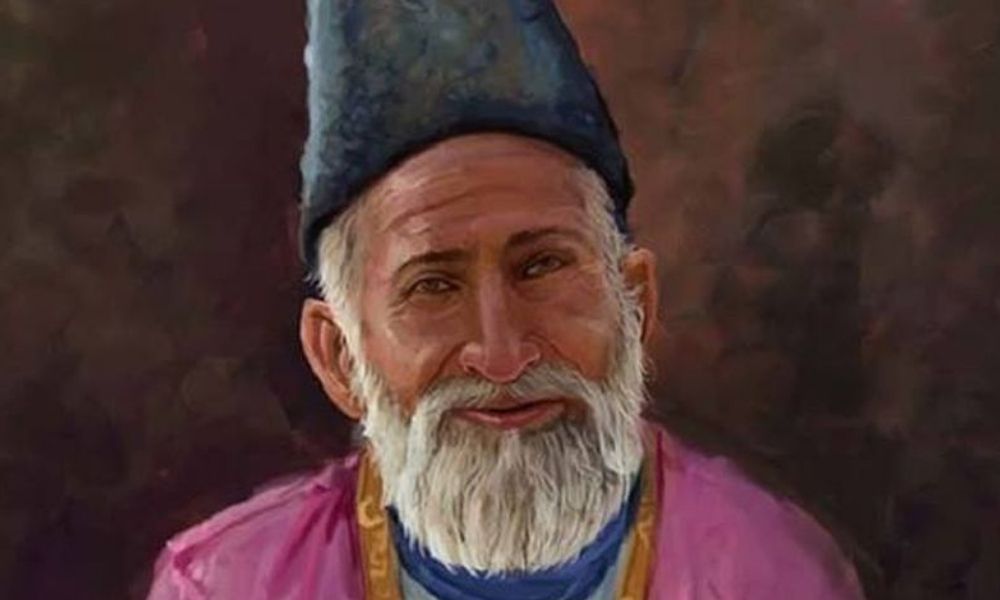Urdu “terī āñkhoñ ke sivā duniyā meñ rakkhā kyā hai
tū jo mil jaa.e to taqdīr nigūñ ho jaa.e
Mujhse pehli si mohabbat mere mehboob na maang…”
Urdu is a language of elegance, poetry and romance. It is the National language of Pakistan and an official language of six states in India moreover the language which has left its profound impact on both Urdu and Non-Urdu speakers. Urdu has the style of the French language, the custom and service of the English language, it’s got the pleasantness of dialects like Bangla and Japanese, it’s got the progression of Italian, all setup. Regardless of being a moderately new dialect, probably the most extravagant bits of writing can be found in the language. Urdu has its own charm; it is the only language where to abuse someone is not possible because of its sweetness. Some words from the Urdu dictionary that just bring a smile on your face. Taabiir: Interpretation of dreams, Ruhaaniyat: soulfulness, Ba-Dastoor: Unaltered, Qurbat: closeness and many more words such as that. But words alone don’t make a language beautiful, idea and the way it is presented is important.
To make Urdu what it is today, here is a remarkable contribution of people who have written everything relevant which is considered as a “nayab nagma” in its language.

Mirza Ghalib (1797-1869) : One cannot separate the history of Urdu and Mirza Ghalib. Ghalib’s noticeable quality in Urdu verse can never be dismissed. It is hard to pick one sonnet or shayari from the various jewels that he has skilled us, and the excellence of his verse is that the feelings communicated in his couplets are as yet relatable.
The way Ghalib understood the world, no one else ever could; “the prison of life and the bondage of sorrow are one and the same Why should man be free of sorrow before dying”?
“This world is a child’s playground for me
a spectacle unfolds day and night before me”

Sadat Hasan Manto (1912-1955): His life revolved around pen and court. “A writer picks up his pen only when his sensibility is hurt” –Manto quoted in front of judge. Manto chronicled the disarray that won, during and after the Partition of India in 1947.Manto unequivocally contradicted the segment of India, which he saw as a “mind-boggling misfortune” and “maddeningly silly”.
“Agar aap inn afsanon ko bardasht nahi kar sakte
toh yeah zamana Naakabil-ae-bardasht hai”
Faiz Ahmad Faiz (1911-1984): Faiz Ahmad Faiz and his work genuinely contact the human heart. He summons feelings since his verse is seldom without a going with frequenting nature of agony. On the off chance that there is somebody who comprehends loss of affection, it must be Faiz. From his societal concerns to his broken poetries he has a different impact on all of us even today. He was an epitome of Love and revolution.
“Tera gam hai toh gam-ae-dahar ka jhagda kya hai…
Teri aankhon ke siva duniya mein rakha kya hai?”
Amir Abdul Hasan Khusrau (1235-1325): He was a prolific writer, poet, philosopher and musician. He has valuable records of the political and social history of all time. Khusrau was one of the earliest writers in India to use “Khadi Boli” in his poetry and this paved the way for the literary dialogue between various cultural groups divided by language, leading to an important synthesis.
Khusrau Dariya prem ka, ulti waa ki dhar, jo utra so dub gaya, jo duba so paar.
If you are habitual of reading and writing poetries and Ghazalas , they are the epitome of these narratives. Playing with deep words and arranging in such a way, above that leave that open-ended.








